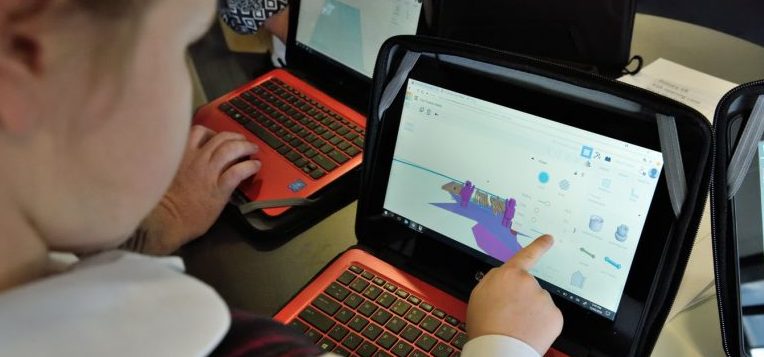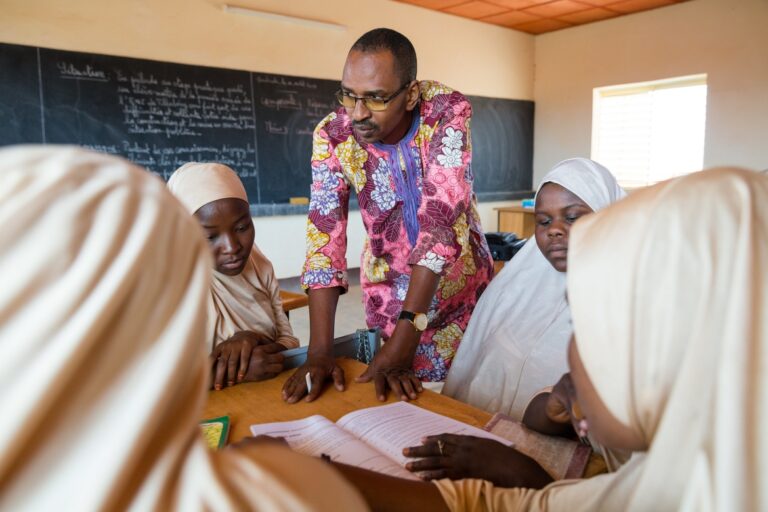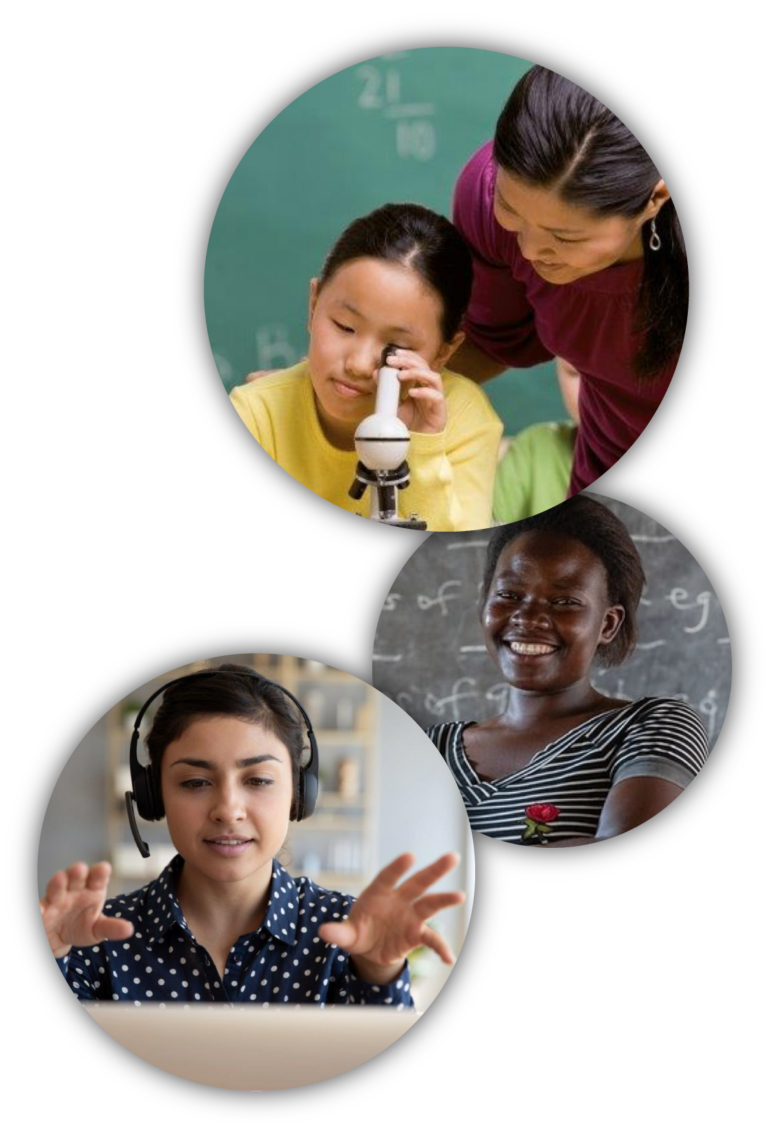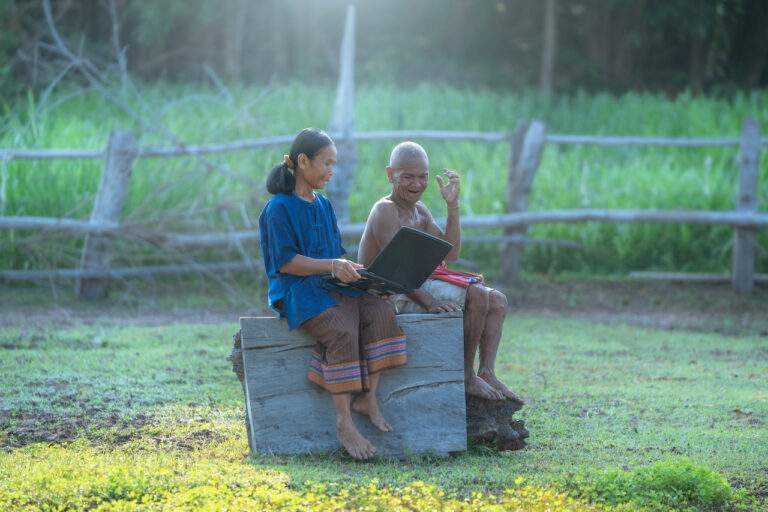Story Source: CNBC TV ~ Go to Original Article
It is common knowledge now that a homogenous and rote learning education system might suit some children but not all, thereby isolating many and preventing them from achieving their full potential. What we need to offer our children is a ‘fun’ experience while learning. An experience that is immersive, experiential, self-paced, interactive and designed specifically for each child.
Fortunately, the global community has awakened to this crisis in education and has called for quality and inclusive education for all, which is the crux of the United Nations’ Sustainable Development Goal (SDG) 4. I perceive personalised learning as the foremost means of answering this global call and truly achieving this goal for all children across the world……………….



